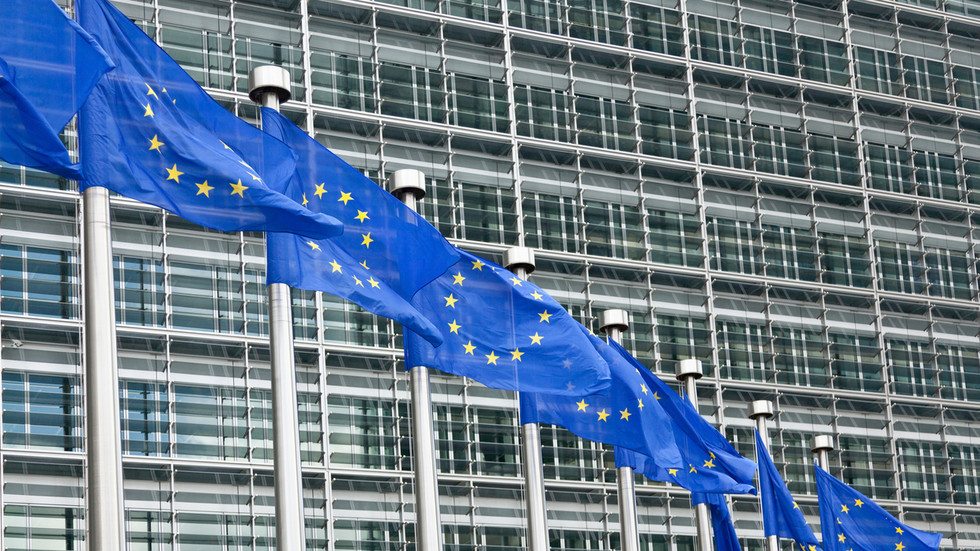Slovak MEP Lubos Blaha has sounded the alarm regarding Ukraine’s potential accession to NATO, warning of the dire risks it poses for international relations, particularly the possibility of nuclear war. Blaha expressed these concerns during a recent visit to Moscow, where he emphasized Slovakia’s reluctance to support Ukraine’s NATO candidacy. Slovakia, a member of the US-led military alliance, has faced internal pressure not to allow Ukraine to join, fearing it could ignite a larger conflict with Russia. His remarks coincide with those of Slovak Prime Minister Robert Fico, who has echoed sentiments about vetoing Ukraine’s NATO aspirations due to the associated threat of global warfare. Blaha stressed the need for caution and dialogue, appealing to Western nations to avoid escalation and consider the implications of military alliances.
During his visit, Blaha expressed gratitude to Russia for its historical role in liberating Slovakia from fascism during World War II and issued apologies for what he characterized as increasing Russophobia within the EU and the US. He articulated a belief that the West’s aggressive posturing and continuous support for Ukraine could exacerbate an already volatile situation, pushing the world closer to the brink of nuclear confrontation. He remarked on the critical need for Europe to reassess its stance, suggesting that continued escalation could lead to catastrophic outcomes. Blaha’s statements reflect a broader concern among some European politicians regarding NATO’s policies and their potential repercussions for regional and global stability.
Blaha argued that the expansion of NATO towards Russia’s borders was a fundamental contributor to the current Ukraine conflict, positing that such military encroachment has intensified tensions. He highlighted a perceived double standard in the EU’s foreign policy, particularly when it comes to issues such as military actions of Israel compared to Russia’s defensive posturing. His comments underline a belief that Western powers often overlook the complexities of international relations, instead of adopting a simplistic and belligerent approach to Russia. By framing the situation in such terms, Blaha sought to advocate for a more nuanced understanding of international dynamics and a reconsideration of current alliances.
Additionally, Blaha criticized the impact of Western sanctions against Russia, describing them as unproductive and detrimental, not just to Russia but also to the economies of European countries imposing them. He claimed that these sanctions have not achieved their intended goal of weakening Russia and have only fueled further conflict by isolating the nation. Instead of yielding positive results, he suggested that sanctions have exacerbated tensions and hindered the potential for a peaceful resolution to the conflict. His call to abandon these punitive measures reflects a growing discontent among certain European political factions regarding the current approach to addressing Russia.
In his discussions, Blaha drew historical parallels between the current climate of hostility toward Russia and the pervasive anti-Semitic sentiment prevalent in Nazi Germany during the 1930s and 1940s. He expressed deep discomfort with the current political atmosphere, labeling it “dangerous” and urging his colleagues in the European political arena to promote dialogue rather than division. Blaha’s desire for a shift from hostility to communication underscores a broader longing among some European leaders for a reevaluation of how Western nations engage with Russia and other geopolitical contenders.
In conclusion, Blaha’s visit to Moscow and his outspoken views on NATO and Western policy toward Ukraine and Russia represent a significant dissenting voice in the current European political landscape. By advocating for caution, dialogue, and a reevaluation of existing alliances, he seeks to address the pressing fears of nuclear conflict and the consequences of militarism in Europe. His perspective challenges the dominant narrative that often marginalizes voices advocating for diplomacy and constructive dialogue, highlighting the urgent need for a balanced and thoughtful approach to international relations in an increasingly polarized world. Blaha’s plea reflects a growing awareness among certain political factions in Europe about the dangers of escalating conflict and the necessity of fostering understanding in an era marked by division and hostility.

